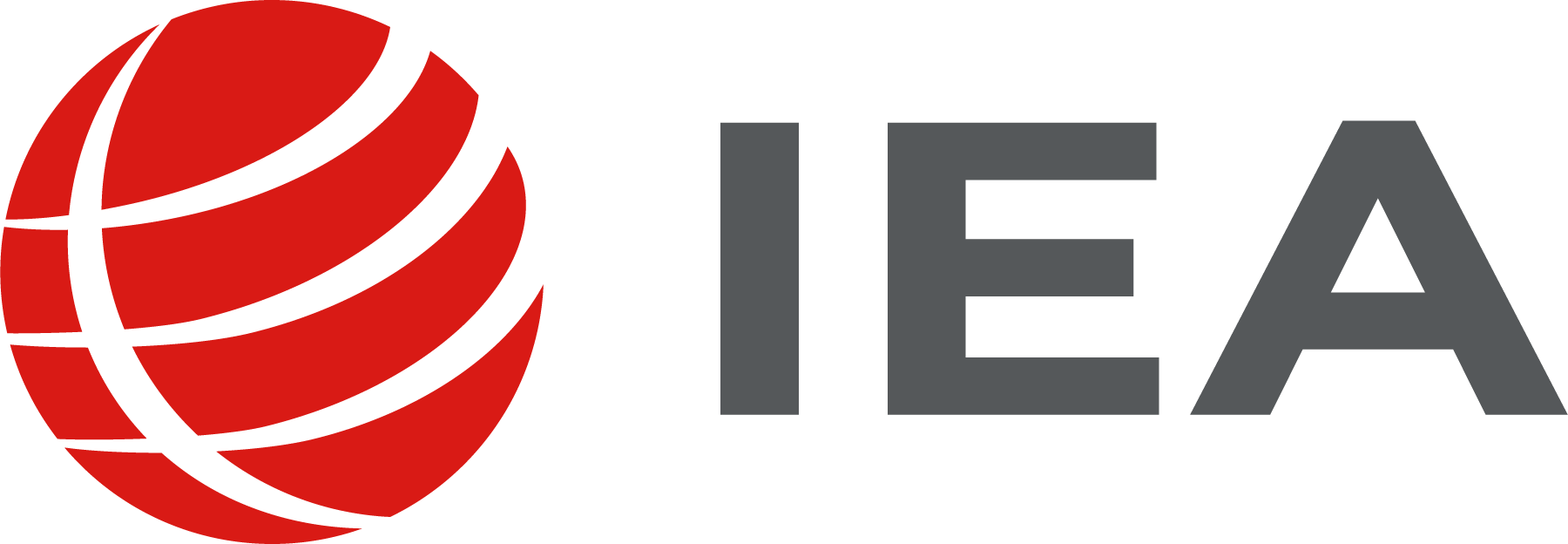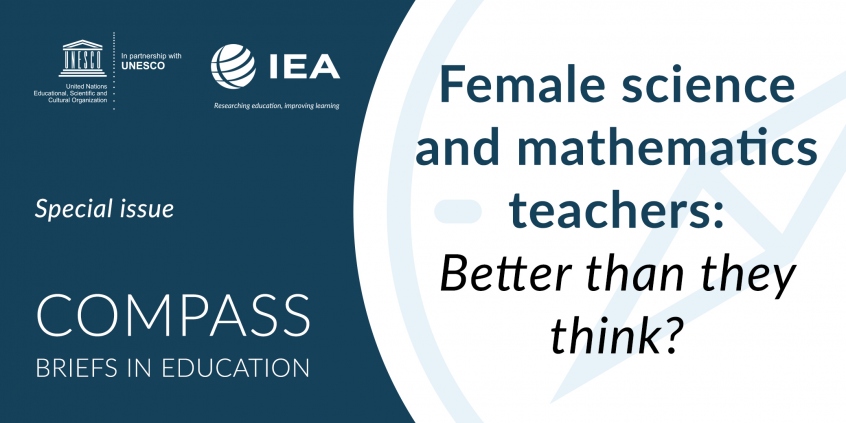On 22 April, girls and young women are celebrated in over 150 countries around the world as part of International Girls in ICT Day; encouraged to pursue careers in Science, Technology, Engineering and Mathematics (STEM). However, in over two-thirds of education systems, less than 25% of students in engineering, manufacturing, construction, or ICT are female.
IEA has joined forces with UNESCO to investigate how teacher self-efficacy is related to this internationally in a special issue of the IEA Compass: Briefs in Education Series, which explores gender differences in mathematics and science teaching.
Recently released data from IEA’s Trends in International Mathematics and Science Study (TIMSS) 2015 is used to understand the relationship between teachers’ gender and students’ mathematics and science achievement, how female teachers’ self-efficacy relates to job satisfaction, and the implications this has for teaching with suggested actions to address gender gaps.
Female teachers have been associated with improved educational experiences and enhanced learning outcomes for girls in some contexts. They have also been found to positively influence girls’ perceptions, interest, and self-efficacy in STEM by dispelling myths about sex-based, innate abilities among boys, and by acting as role models for girls. The latest brief, however, suggests that lower self-efficacy of female science and mathematics teachers may affect girls’ own self-efficacy in these subjects, and pursuit of STEM careers.
We hear from Tanja Neuschmidt, a teacher for mathematics and chemistry at the Heinrich-Hertz-Schule in Hamburg, Germany, for her perceptions of gender in teaching and the impact of this research in her role: “At my school, female teachers are well represented in STEM subjects, but I was unaware that they could experience lower self-efficacy than men and this research gives impetus to observe and consider this more closely. As a teacher, I have experienced different attitudes in girls and boys, especially with girls feeling less confident than boys in mathematics and chemistry. I would certainly like to discuss the findings from this brief with colleagues to see what we can do to encourage more girls to have greater confidence in themselves in STEM subjects, and to value their success in these for the future. I did not expect that this could include building teachers' self-esteem.”
“This research shows gender equality has not yet been achieved. Even in mathematics and science teaching, where in Germany different pay is irrelevant and women are well recognized in the profession, there are still relevant differences to be addressed.”
Read the full Compass brief in English or French below.

